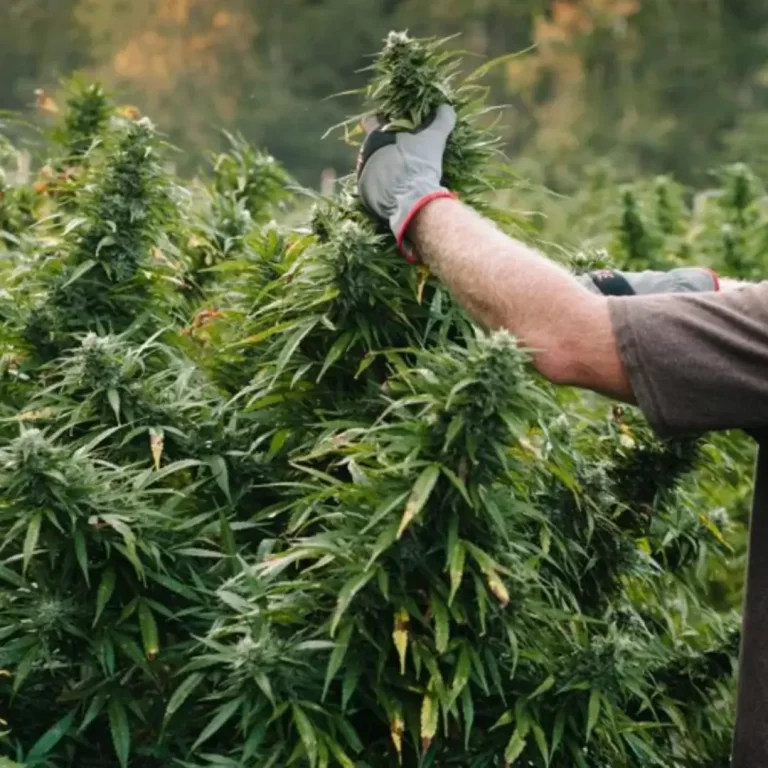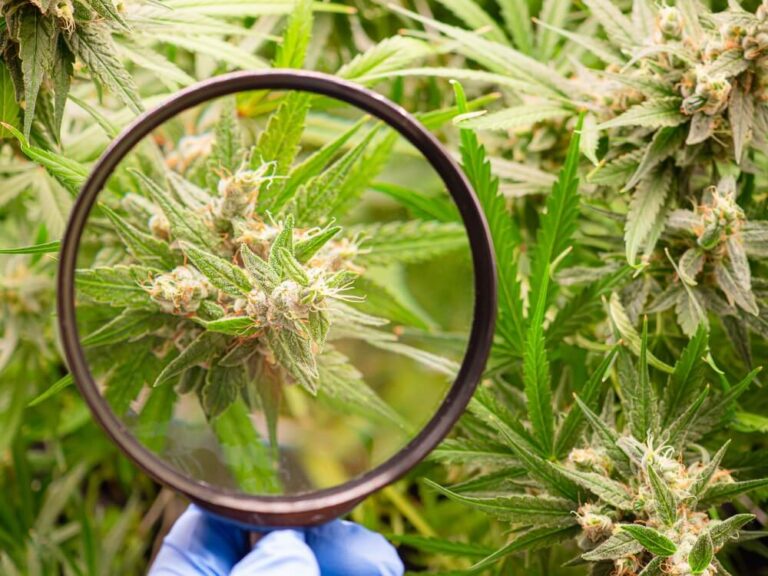
Lawmakers Push for Marijuana Legalization
- Cannabis News
- Cannabutter Digest
Last week, lawmakers from the Senate and House sent President Joe Biden a letter asking him to back the federal legalization of marijuana.
Congressional Cannabis Caucus co-chairs Dave Joyce (R-OH), Barbara Lee (D-CA), Earl Blumenauer (D-OR), Brian Mast (R-FL), and Senator Elizabeth Warren (D-MA) circulated the letter. It has gained another two dozen signatories.
The bipartisan group agrees on the implications of continued criminalization and prohibition of marijuana at the federal level. Lawmakers recognize it doesn’t reflect American voters’ views and opinions on cannabis use.
Pushing for the Removal of Marijuana as a Controlled Substance
In the letter, lawmakers discuss how marijuana should not be a Schedule I controlled substance. It is in the same classification as substances such as heroin, LSD, and ecstasy. The Drug Enforcement Administration (DEA) includes drugs with a high potential for abuse and no accepted medical use in the Schedule I classification.
However, marijuana is legal for medicinal purposes in 37 states, the District of Columbia, and four U.S. territories. Many lawmakers don’t believe cannabis belongs in the Controlled Substances Act. By de-scheduling marijuana, states can prohibit the production and sale of cannabis if that’s what they want while authorizing federal and state agencies to regulate the substance. The letter goes on to say that the House has already passed legislation twice to legalize, regulate, and tax marijuana at the federal level.
Normalizing federal regulation and keeping marijuana as a Schedule I drug burdens researchers. Researchers who want to study cannabis compared to other substances in the same class face restrictions. Ending the prohibition and continued criminalization allows for advancing research. It also promotes public safety by avoiding unjust incarceration, creates legal job opportunities, and upholds already-established regulation of cannabis products at the state level.
Setbacks for Marijuana Advocates
Lawmakers sent the letter to President Biden and key cabinet officials after cannabis advocates faced significant setbacks. Attaching marijuana banking language to the omnibus appropriations legislation or the National Defense Authorization Act (NDAA) failed.
Senate Majority Leader Chuck Schumer (D-NY) has been working on finalizing the much-anticipated SAFE Plus bill. It includes provisions for second amendment rights and expungements of state cannabis convictions. Schumer blames Senator Pat Toomey (R-PA) and Senate Minority Leader Mitch McConnell (R-KY) for the banking language not making it into the spending package. Since Schumer’s efforts to attach the cannabis banking measures to the spending bill were unsuccessful, the issue is pushed back until the next Congress, when Republicans will take control of the House.
Calling for the President’s Support
The bipartisan congressional coalition wants Biden to partner with them in proactively pushing for the federal legalization of marijuana throughout the country. Although the lawmakers’ letter doesn’t urge Biden to take unilateral action in ending the federal prohibition of cannabis, it suggests that having the president’s support can significantly affect taxation, small businesses, and public safety.
The president supports decriminalization. He also allows states to set and enforce policies. However, he has yet to voice whether he will back federal legalization.
The coalition of lawmakers discusses how de-scheduling marijuana can end harmful laws and help law enforcement officials prioritize public safety. It also addresses the issues small business owners face in states with legal cannabis industries, creating opportunities to tax and regulate marijuana for these businesses.
The letter also addresses the role of the Departments of Health and Human Services and Justice. Lawmakers expect these departments to guide the president and his administration in reviewing marijuana scheduling. Congress can also provide comprehensive cannabis legislation, establishing the urgency of de-scheduling the drug.
Secretary Xavier Becerra from the U.S. Health and Human Services tweeted a link to an article discussing President Biden’s cannabis scheduling directive. At a recent overdose prevention event, Becerra, a supporter of cannabis reform, said the department would look at the science and evidence to determine how to proceed. He hopes the federal government will do the same.
Reviewing Marijuana Science and Scheduling
After Biden announced cannabis pardons and scheduling, Secretary Becerra said the department would work on the scientific review as quickly as possible. He has already discussed the plan with the head of the Food and Drug Administration (FDA).
The Justice Department is also leading the review of cannabis scheduling, with Attorney General Merrick Garland copied on the lawmakers’ letter.
The Department of Justice will dedicate time to a separate review of the drugs’ scheduling as quickly as possible. The review might lead to moving cannabis to a lower schedule or removing it entirely from the Controlled Substances Act. That means it would be legal under federal law.
New Laws Surrounding Marijuana Legalization
Oregon Governor Kate Brown recently issued a mass pardon for over 45,000 people convicted of state-level cannabis possession. Biden applauded the governor’s decision after he granted full pardons for simple marijuana possession offenses that occurred on or before October 6, 2022. He’s urging other states to take similar actions.
Maryland and Missouri passed laws allowing adults to use cannabis for recreational purposes during the recent midterm elections. They join 21 other states and the District of Columbia that already have legalized recreational marijuana laws.
President Biden signed the Medical Marijuana and Cannabidiol Research Expansion Act earlier this month, the first standalone legislation on federal cannabis reform in U.S. history. It streamlines the process for practitioners applying to conduct research and manufacturers that want to cultivate research-grade medical marijuana. It also promotes the development of new drugs approved by the Food and Drug Administration (FDA) that contain marijuana and cannabidiol (CBD), allowing clinical trials through the Investigational New Drug exemption program run by the FDA.
Learn More About the Cannabis Industry
At CannabutterDigest.com, our team of editorial professionals keeps our readers informed about everything cannabis-related. We provide the most up-to-date news, educational articles, and recipes. Explore our website today to learn everything you want to know about the cannabis industry.






